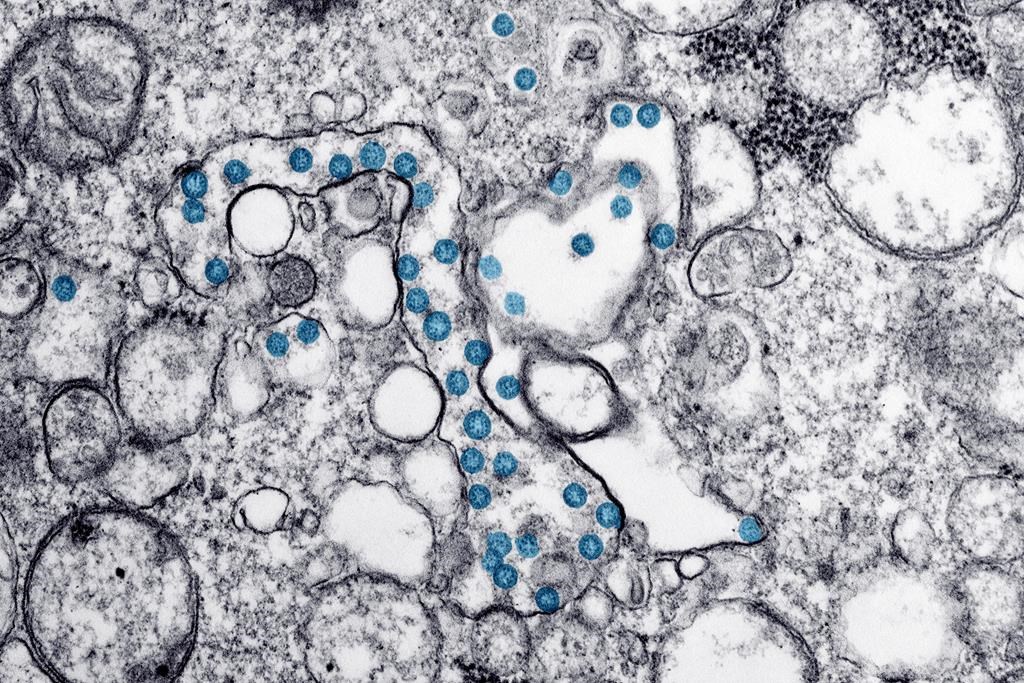Two University of Calgary scientists are receiving federal funding to help further their work in developing effective drug treatment for COVID-19.

Dr. Kenneth Ng and Dr. Chang-Chun Ling, from the U of C’s department of chemistry, are being awarded a $416,000 operating grant to help further their work in exploring antiviral compounds to create new drug leads for the virus.
The funding is part of the Canadian 2019 Novel Coronavirus (COVID-19) Rapid Research competition created by the federal government.
Ling and Ng’s work focuses on the antiviral drug, remdesivir — originally developed to combat the Ebola virus infection — which is currently being tested in both China and the United States as a COVID-19 treatment.
Ling said the pair are working on manipulating the molecular details of viral replication to develop new treatments.

Get weekly health news
“We’re hoping that the modified compounds we’re aiming to synthesize will match specific features of the COVID-19 RNA polymerase — like a key in a lock — and give us that selectivity,” he said.
The polymerase has been likened to the engine of the virus.

Ng added that building on existing drugs is a faster alternative for researchers as these medications have already gone through the necessary validation and trials.
“Our goal is to make something that targets the coronavirus very specifically, with minimal negative side effects,” Ng said.
The team expects to prepare and test the first series of compounds within four to six months. From there, a 3D structural analysis will be completed followed by a second round of compound synthesis and testing.
Within one year, the team hopes to give its results to collaborators and the pharmaceutical industry before moving on to advanced testing and clincial trials.





Comments